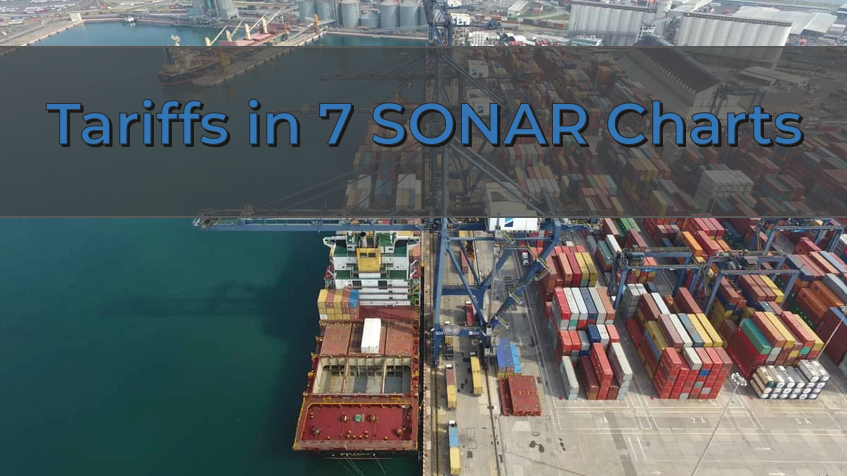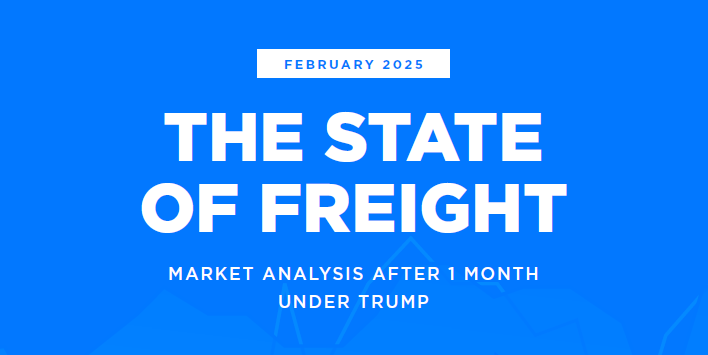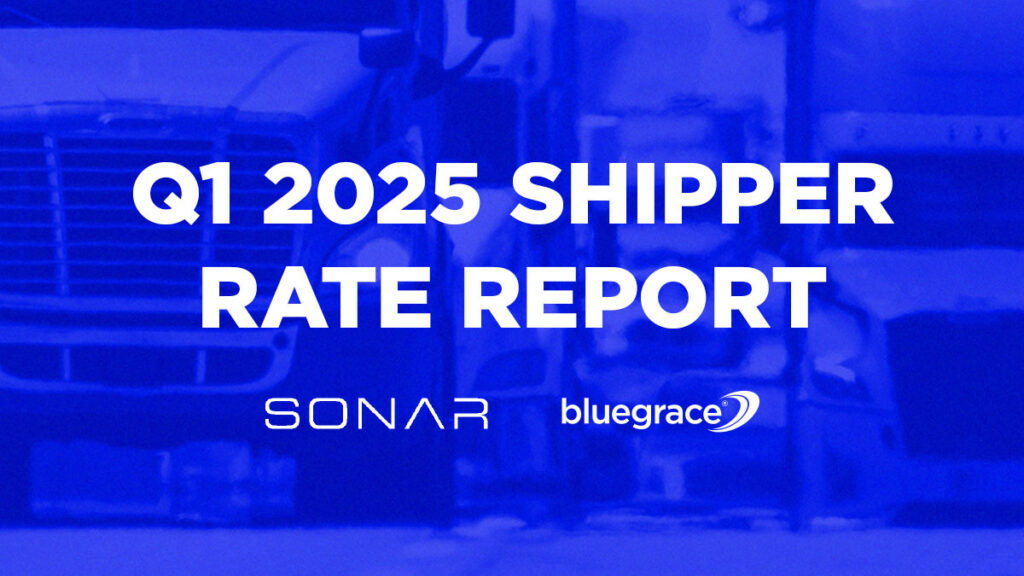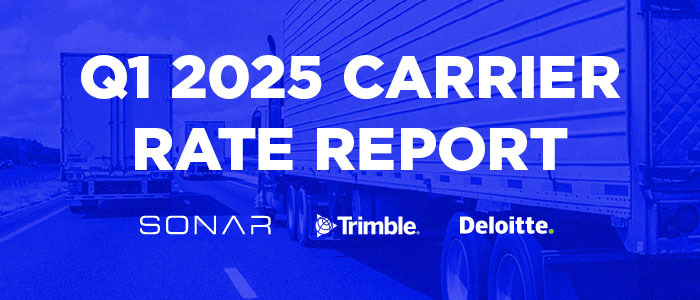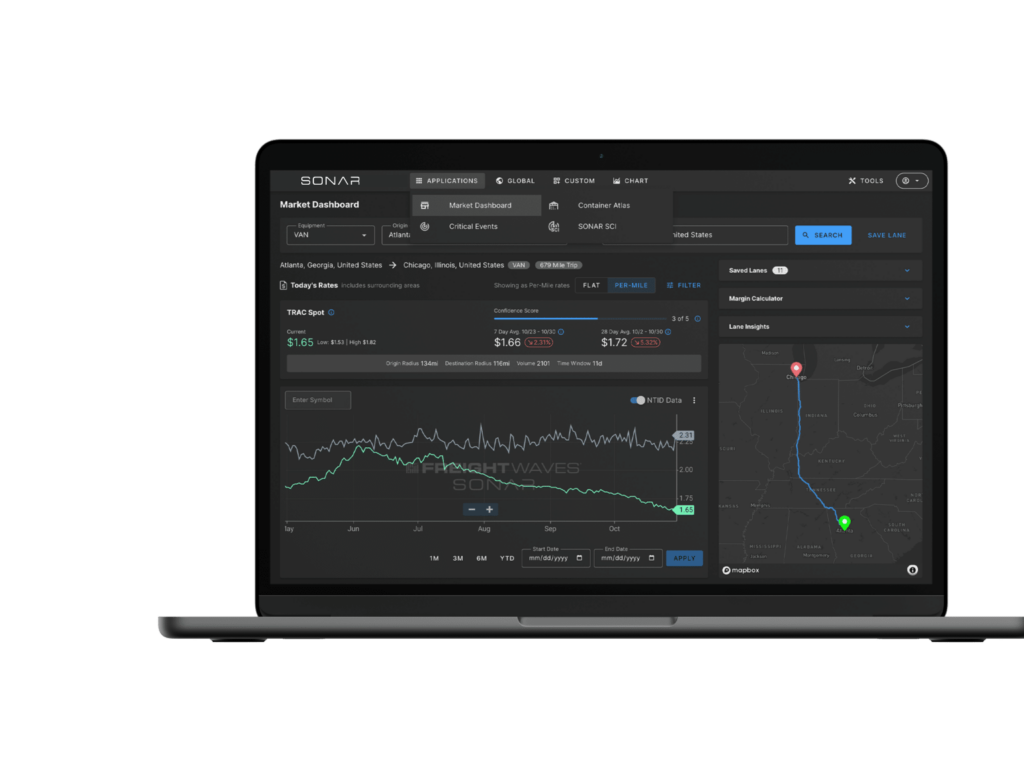The writing is on the wall for freight brokerage representatives with problems securing bookings and increasing throughput. Throughout 2020, the need for more capacity, faster freight management, and more competitive rates has grown significantly. Moreover, a major freight brokerage must consider the underperforming staff and make business decisions that may lead to financial ruin for individual sales reps. Meanwhile, both freight brokers and third-party logistics providers (3PLs) are proactively involved in the use of technology to automate throughput, secure more bookings and increase profitability. As explained by Transport Topics, “Although demand for logistics services likely will increase in the decade ahead, freight brokers and 3PLs will need to adapt and evolve to remain relevant in this rapidly changing industry.
Looking toward the future, industry executives and observers generally envision a market that will be led by growing, tech-enabled 3PLs operating connected freight networks that increasingly automate the flow of transactions.”
Let’s take a closer look at how a freight broker can increase booking throughput and maximize profitability through freight data.
Increased access and application of freight data helps brokers recognize market shifts
The first opportunity to increase bookings per representative throughput lies in increasing access and application of freight data. Access to freight market data allows individual freight broker representatives to recognize market shifts and focus their efforts on markets with either a surplus or lack of freight capacity. Moreover, this information can help representatives understand market shifts and effectively plan their contacts and quoting processes to increase the likelihood that a shipper or other party will complete a booking.
More rate data helps to maximize margins by staying competitive without undervaluing services
More freight data is another way that freight brokerage business representatives can maximize profitability and avoid poor margins. Freight broker reps can apply freight rates data to ensure offered rates are competitive. And the application of data allows representatives to avoid undervaluing the actual value of the freight broker. As a result, upper-level management is less likely to give that employee walking papers – and instead a possible promotion.
In addition, the application of data to enhance brokerage business runs parallel with the use of the web to find niche carriers, shippers and other parties. It all goes back to making the maximum use of data to ensure the broker is working with the right carriers, the right LSPs, the right shippers, and the right manufacturers to maximize throughput.
Rate data also helps to relocate transportation sources to overbooked markets
Every freight brokerage has experienced the pitfalls of being stuck in an overbooked or under- booked market. However, gathering information and insights into market performance can help freight brokers better allocate resources to mitigate the effects of overbooking and underbooking within certain markets. This might include moving trucks to overbooked markets and still trying to take advantage of backhaul opportunities in those markets. While every shipper focuses on getting freight from point A to point B, freight brokers must consider the whole picture, including the driver, the cargo capacity, the physical freight, local economic conditions, and more, which leads into the next opportunity to use logistics market data to increase throughput.
Analysis of routing costs helps to better diversify carrier, mode and haul length mix to increase profitability
Applying data within a freight brokerage also affords an opportunity to optimize routing costs. Since a freight brokerage has fingertips on every aspect of the global supply chain, diversifying the mix of supply chain partnerships and the application of data ensures a better chance at survival. Better supply chain relationships will naturally lead to increased throughput, profitability, higher customer service levels, and positive experiences. It is the ultimate supply chain win.
Build a better broker business with advanced freight forecasting
Every brokerage ownership team wants to find a way to build a better freight brokerage business, but there are times when staff cuts are almost inevitable. Market instability remains, and the COVID-19 crisis wears on. It’s an endless list of risks. However, the right use of freight data and market insights can go a long way to fend off these risks. For those still not convinced it’s time to rethink broker freight forecasting, look no further than the recent reports surrounding TQL. As reported by Freight Broker Live, failure to live up to throughput as a sales representative for a freight brokerage is one disruption away from termination – especially ominous and comparable to TQL’s recent cuts in light of the COVID-19 pandemic. Fortunately, companies can build a better freight brokerage by applying data and ensuring their organizations can always be two steps ahead of the market and ready for virtually any disruption. Request a SONAR demo now to learn more about the applications of freight data to increase your value as a freight brokerage.


